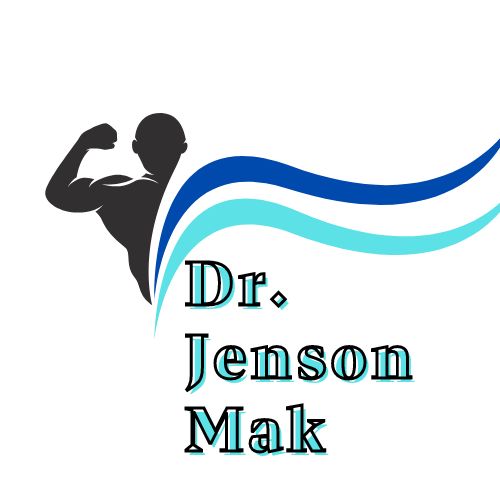Aging is an inevitable process that brings with it many physiological changes. Among these, the body’s ability to regulate fluid balance and the sensation of thirst diminishes, making older adults more susceptible to dehydration. Hydration is crucial at every age, but as one advances in years, understanding the significance of adequate fluid intake and its impact on overall health becomes paramount. In this article, we delve into why hydration matters increasingly as you age.
1. Decreased Kidney Function:
As people age, a decline in kidney function is quite common. The kidneys are essential organs that filter waste products from the blood, regulate blood pressure, balance bodily fluids, and ensure essential minerals, like sodium and potassium, stay in equilibrium.
The kidneys’ ability to concentrate urine and retain water during dehydration reduces with age. This diminished function means that older adults might be unable to conserve water as efficiently, leading to increased urine production and, subsequently, a higher risk of dehydration. Dehydration, in turn, puts additional stress on the kidneys and can exacerbate chronic kidney diseases or even pave the way for new kidney-related ailments.
Regular hydration supports kidney function by helping them process bodily waste more efficiently and maintain the body’s internal fluid balance. For older adults, this means they need to be more conscious about their water intake, ensuring they consume adequate amounts even if they don’t feel thirsty.
2. Reduced Thirst Mechanism and Physical Limitations:
One of the intriguing aspects of aging is the reduction in the sensation of thirst. The body’s natural mechanism to signal dehydration becomes less reliable with age, meaning that by the time an elderly person feels thirsty, they might already be significantly dehydrated.
Physical limitations can further complicate matters. Reduced mobility might make it challenging for some older adults to get up and fetch a glass of water. Cognitive changes or memory issues might also mean they forget to drink regularly.
Being aware of these challenges and creating a structured hydration routine can make all the difference. Having a water bottle within arm’s reach can be a game-changer for those with mobility issues. Setting reminders or alarms to drink water throughout the day can also be a proactive approach to combat the diminished natural thirst signal.
3. Enhanced Vulnerability to Chronic Illnesses:
Hydration plays a vital role in maintaining the function of every system in our body, from digestion and absorption to temperature regulation. Chronic dehydration, which becomes more common in the elderly, can exacerbate several age-related chronic illnesses.
For instance, chronic mild dehydration is a known risk factor for urinary tract infections, a common ailment in the elderly. Additionally, inadequate hydration can affect the body’s ability to regulate temperature, making older adults more susceptible to heat-related illnesses like heat exhaustion or heat stroke.
Dehydration can also lead to orthostatic hypotension and low blood pressure when standing up from a sitting or lying position. This can increase the risk of falls, a significant concern for older adults, as it can lead to fractures and other injuries.
Ensuring consistent hydration is a preventive measure. By maintaining fluid balance, older adults can better manage and potentially reduce the risk of many chronic illnesses.
While hydration is essential at every age, the unique challenges older adults face make it a critical component of their daily routine. By understanding the physiological changes of aging and their implications, we can take proactive steps to ensure our health and well-being in our golden years. Whether it’s through setting regular reminders, understanding our body’s reduced signals, or recognizing hydrogen’s role in managing chronic illnesses, recognizing the significance of water is the first step in a healthier, more vibrant aging journey.

